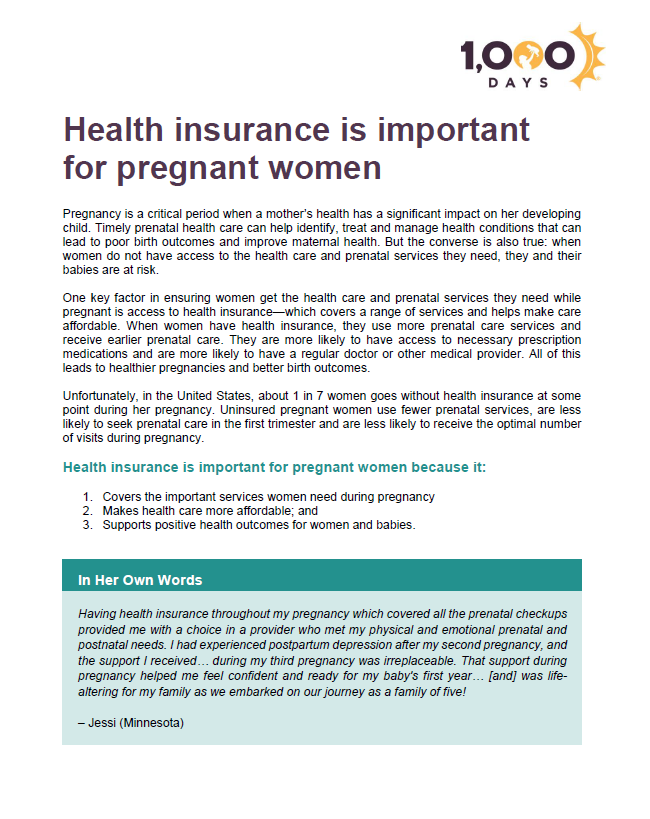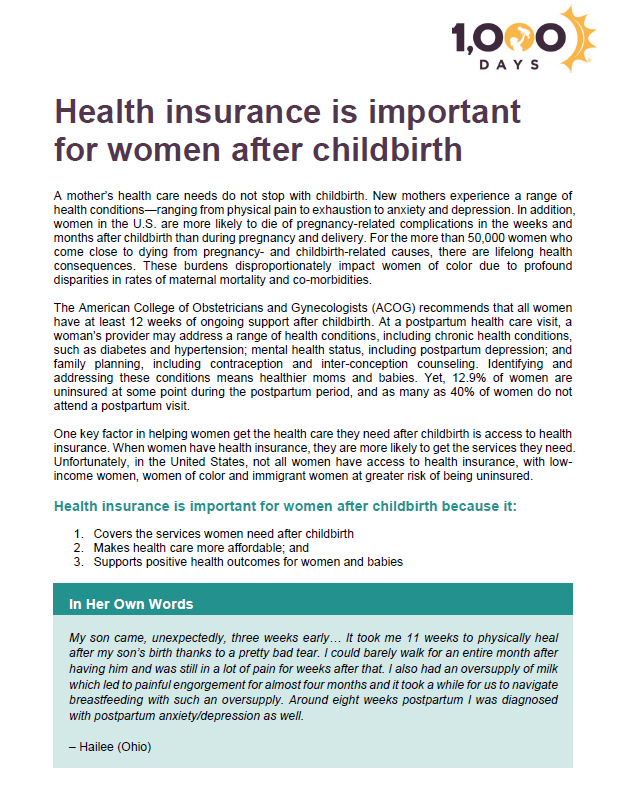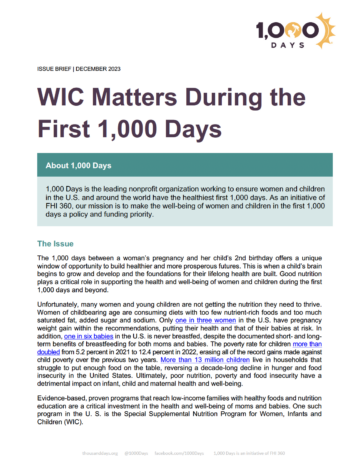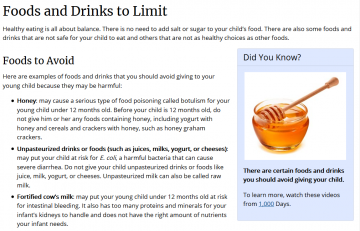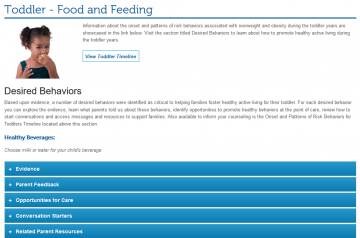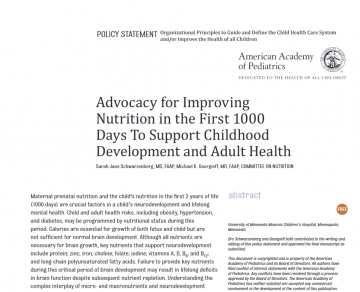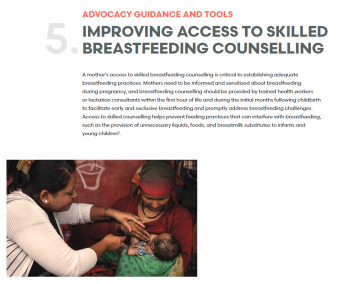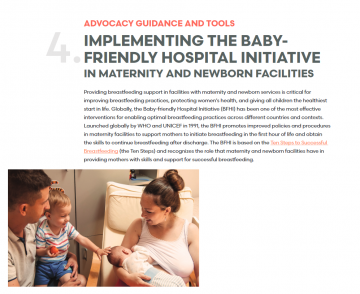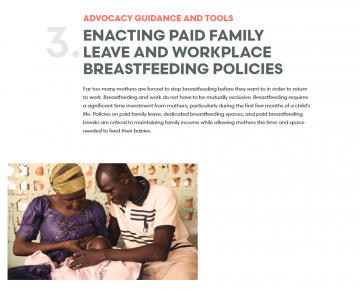Health Insurance is Important for Pregnant Women
Pregnancy is a critical period when a mother’s health has a significant impact on her developing child. Timely prenatal health care can help identify, treat and manage health conditions that can lead to poor birth outcomes and improve maternal health. But the converse is also true: when women do not have access to the health care and prenatal services they need, they and their babies are at risk.

